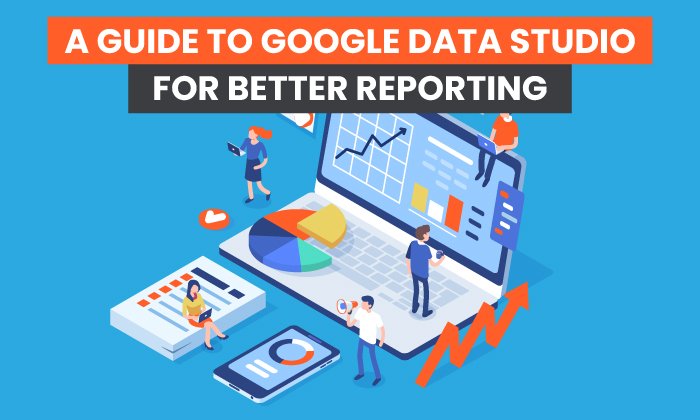What is a Data Warehouse? Everything You Need to Know

As a marketer or business analyst, you know that data is an important part of your success. And the way you store and organize your data will either make your job easier or harder.
There are many ways that you can store data, one of them being data warehousing. This is an excellent option for businesses that need to look at a large amount of data from multiple sources. Today, let’s learn what a data warehouse is and how it can help you analyze your data.
With a data warehouse, you can perform queries and look at historical data over time to improve decision-making. The main people in a company who will use data warehouses are data scientists and business analysts.
A data warehouse will get data from multiple sources, including relational databases or transactional systems. To access the data, analysts will use business intelligence tools to analyze, data mine, make visualizations, and conduct reporting. As data continues to evolve, it’s imperative for businesses to use data to stay competitive.
What is the ultimate outcome of a data warehouse?
The ultimate outcome of a data warehouse is to extract insights, monitor performance, and improve decision-making. By using reports, dashboards, and visualizations, analysts have all the tools they need to make the right decisions.
Benefits of Using a Data Warehouse
1. Historical data.
One of the main benefits of data warehouses is the ability to look at a large amount of historical data over time. With a data warehouse, you can consolidate a large amount of data from many sources to better inform your business decisions. Looking at historical data will allow you to analyze trends over time and strategize effectively.
2. Data from multiple sources.
Additionally, with a data warehouse, you’ll be getting data from multiple sources so you’ll have a more complete picture when it comes time to analyze the information. With something like a data mart, you only get data from a single subject, as opposed to data warehouses that are meant to process and organize data from multiple sources.
3. Stability.
Data warehouses are also more stable sources of data that you can use to look at data at a high level or a granular level. This gives you the flexibility to look at data closely and perform queries quickly. A data warehouse will have high-quality data because it’s coming from multiple sources, it’s consistent and more accurate.
What Data Warehouses are Not
When you first hear the term “data warehouse,” you might think of a few other data terms like “data lake,” “database,” or “data mart.” However, those things are different because they have a more limited scope. While they might perform a similar function, the structure is different. Let’s dive in below.
Data Lake vs. Data Warehouse
A data lake stores unfiltered data from multiple sources to be used for a specific purpose. This means that you’re looking at raw data from something like social media or an app. The datasets are built …read more
Source:: HubSpot Blog

![Download Now: 2021 State of RevOps [Free Report]](https://no-cache.hubspot.com/cta/default/53/78dd9e0f-e514-4c88-835a-a8bbff930a4c.png)







